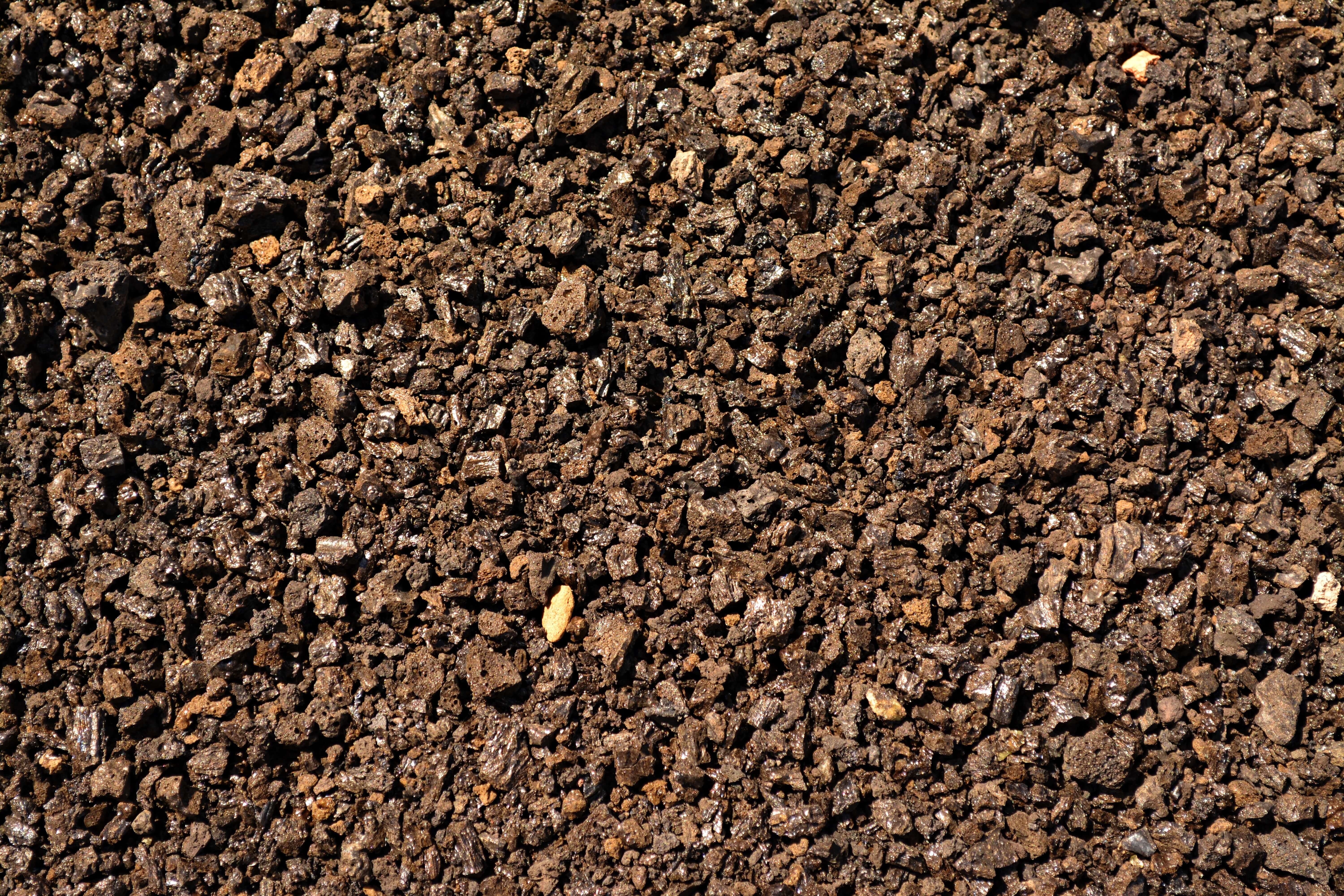Timor-Leste, a tropical country with a population predominantly engaged in agriculture, faces significant challenges in improving crop yields due to the nutrient-poor nature of its soils. A recent study has explored the potential of using biochar, a carbon-rich product derived from the thermo-chemical decomposition of biomass, as a soil amendment to enhance vegetable productivity in the region.
Biochar has been reported to have multiple benefits, especially in improving crop production in highly degraded and nutrient-poor soils. It has been found to increase crop productivity by improving soil physical properties such as permeability, water holding capacity, and nutrient use efficiency. It also has a liming effect on acid soils, making them more suitable for plant growth.
The study focused on using rice husk biochar, a locally produced variant of biochar, in field-based experiments across a range of upland low-nutrient soils in Timor-Leste. The researchers hypothesized that using biochar fertilization in these nutrient-poor tropical soils would provide ideal conditions to increase horticultural productivity across a wide range of pH levels and decrease acidity in acid soils.
The results of the study were promising. At the alkaline site of Caibada, the application of biochar increased yield relative to the control in all crops, with an overall average increase of 183% from biochar alone. This comprised an increase in chili pepper to 5.1 tons per hectare with biochar, in sweet pepper to 5.0 tons per hectare, in Phaseolus bean to 9.9 tons per hectare, and in carrot to 3.7 tons per hectare. The productivity increases in the peppers were primarily through increased numbers of fruits per plant. In contrast, the biochar-induced yield increase in carrots came from a tripling of the average taproot weight.
This study's findings suggest that using rice husk biochar could be a viable and economically feasible approach to improving the chemical fertility of Timor-Leste’s cropping soils, thereby enhancing vegetable productivity and contributing to national food security.
Photo by Ermelinda Martín on Unsplash



1 Comment